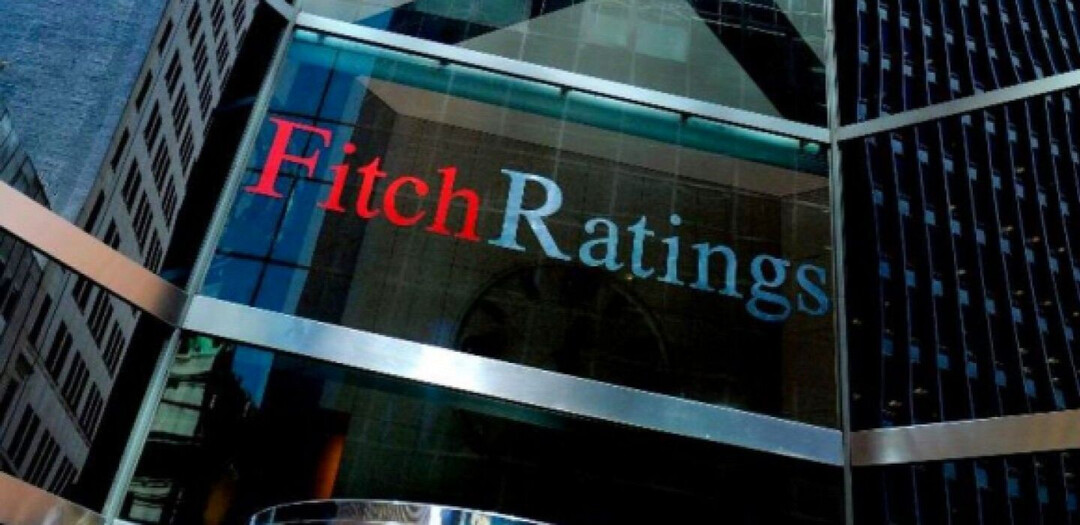
On September 22, 2025, Fitch maintained Uruguay's credit rating at 'BBB' with a 'stable' outlook. This means that Uruguay is classified as 'investment grade' by Fitch. While Fitch recognized Uruguay's many economic strengths, including a high per capita GDP, robust governance, and solid public finances, it also warned of several risk factors that threaten long-term financial stability.
Uruguay's Economic Strengths and Vulnerabilities
According to the Fitch report, the positive aspects of Uruguay's economy are as follows:
High per capita GDP: A relatively high national income supports economic stability.
Strong governance: Efficient government administration is a factor that builds confidence.
Solid public finances: The country's sound fiscal condition is a positive sign.
However, Fitch also pointed out several significant risk factors:
Debt burden: Public debt exceeds the average for 'BBB' rated countries and can be sensitive to exchange rate fluctuations.
Low growth prospects: Mid-term economic growth is expected to remain at a 'moderate' level.
Chronic inflation: The inflation rate has historically remained high, and despite recent improvements, it continues to be a factor of instability.
Limited policy flexibility: The economy's dependence on the U.S. dollar, indexation, and shallow financial depth limit the government's ability to respond effectively to economic issues.
Fitch analyzed that these factors could be an obstacle for the Uruguayan government in effectively responding to an economic crisis.
Challenges for the New Orsi Government
Fitch expects the new government of President Yamandú Orsi to prioritize economic growth and social welfare spending but expressed concern about how it will achieve this under tight fiscal constraints. Although the current account deficit has improved, Fitch warned that Uruguay's fiscal deficit is projected to reach 4.1% of GDP in 2025, a figure higher than initially expected, which could pose a new risk.
In conclusion, Fitch emphasized that while Uruguay's economic fundamentals are strong, chronic problems can still threaten financial stability. The biggest challenge for the new Orsi government is to address these structural issues and lay the groundwork for sustainable economic growth.
[Copyright (c) Global Economic Times. All Rights Reserved.]






























